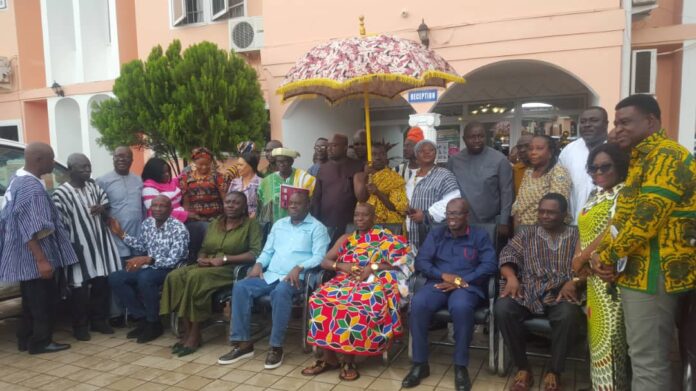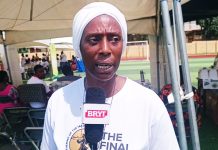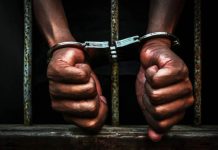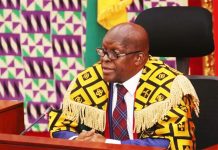The Executive Director of the National Commission on Culture (NCC), Nana Otuo Owoahene Acheampong, has stated that solving infrastructural challenges was their dream.
To him, the Commission aimed to improve on its finances and resources, building capacity for its staff, solving infrastructure challenges, general operations, and its regional centers.
The new Executive Director said that his major vision was to foster unity towards efficient and effective delivery of the mandate of the Commission and the regional centers.
Delivering a speech at the 2023 Mid-Year Performance Review meeting of the Commission in the Eastern Region, Nana Otuo Acheampong disclosed that the Deputy Executive Director would embark on a working tour to ascertain the real situation of the operations of the regions and how to address their peculiar challenges.
Nana Otuo Acheampong also indicated that the Commission would continue working assiduously, obviously with the help of the Ministry to amend NCC Act 238 of 1990 to help improve its operations, adding that before his appointment the Commission was working on it.
“I am very much ready to work with a strong and vibrant conference that will be determined to play their role in support of the Commission. Very soon, we shall be coming out with a comprehensive medium-term development plan, which will give us clear directions for, at least, the next five years,” said Nana Otuo Acheampong.
The Minister for Tourism, Arts, and Culture (MoTAC), Dr. Mohammed Ibrahim Awal, on his part, said that the government, through the Ministry, had revived the Kwame Nkrumah Mausoleum, adding that without a good cultural background, there was no tourism.
He promised that the Ministry would support the NCC to deliver on its mandate, whilst affirming the government’s determination to generate about US$6 billion into the Ghanaian economy through tourism from 2025.
The Head of the Eastern Regional Coordinating Council, Mr. John Donkor, on behalf of the Eastern Regional Minister, stated that it was paramount to recognise the need to preserve cultural heritage to harness the economic potential of the sector for sustainable development.
Mr. Donkor indicated that culture was an important sector that contributed significantly to the socio-economic development of the Ghanaian economy, hence investing in it was essential for the overall growth and development of the region, and country at large.
Mr. Donkor explained that it was important to equip the Centers for National Culture with the needed resources to make them more effective and efficient.
Mr. Donkor added that culture formed the foundation of our identity and heritage, and unites us as a people, while it also helps us to express our unique tradition, values and artistic endeavours since it formed an integral part in the development of our country.
Mr. Donkor indicated that many African countries were said not to have made giant strides in their development agenda, owing to their inability to combine their indigenous values with the colonial legacies as the Asians had done.
The theme for the programme was “Towards Effective Operation of the Centres for National Culture; the role of Partnership and Collaboration.”









